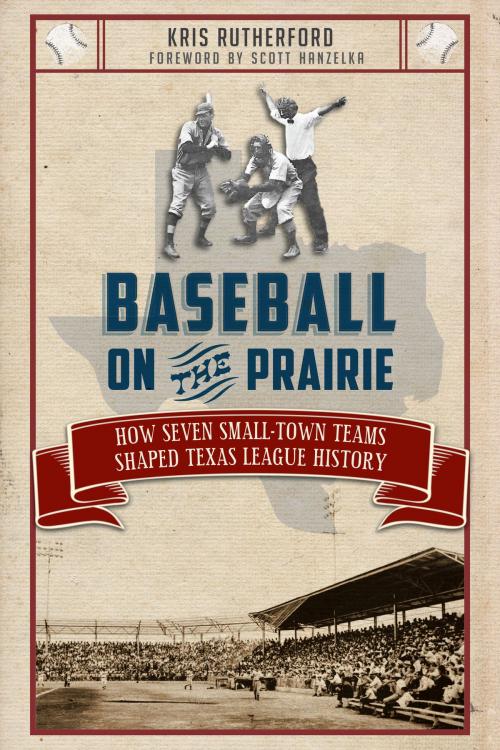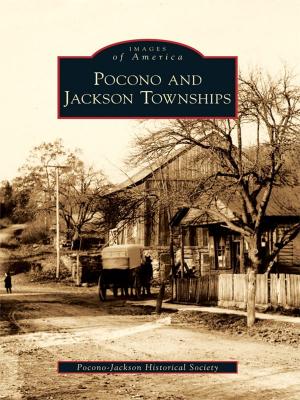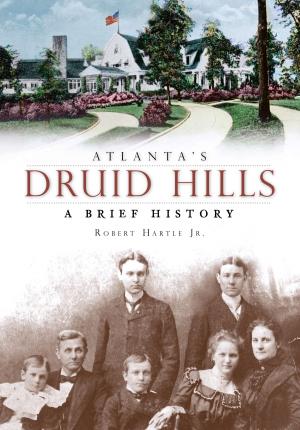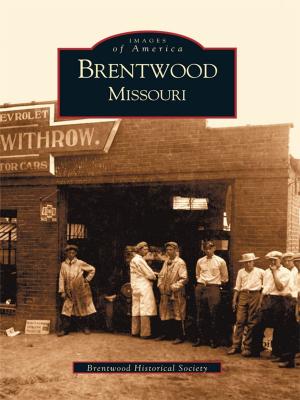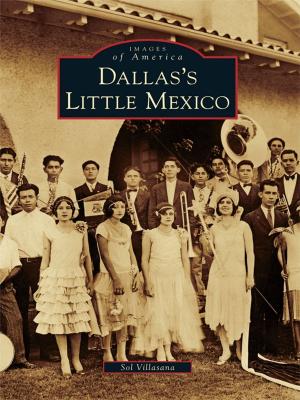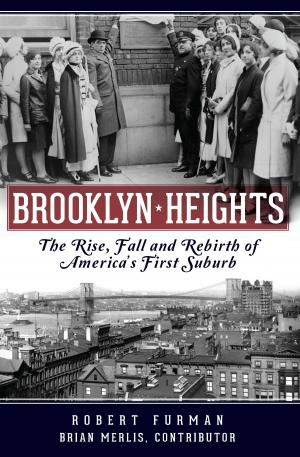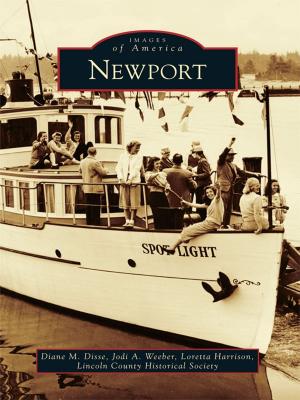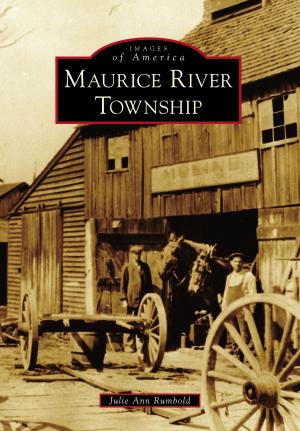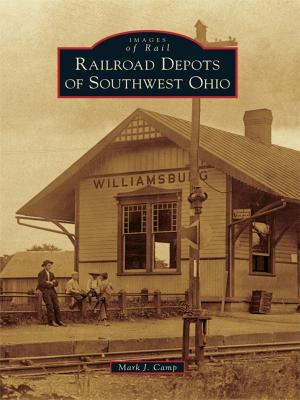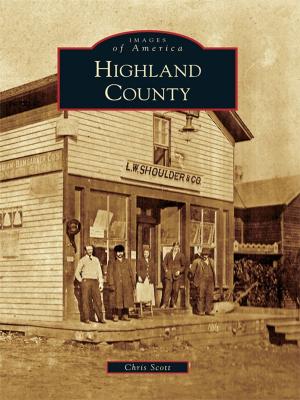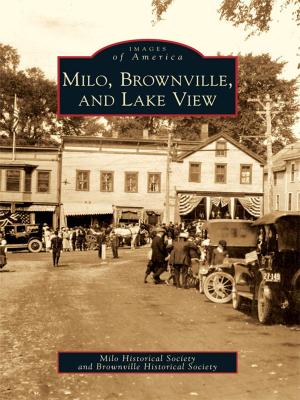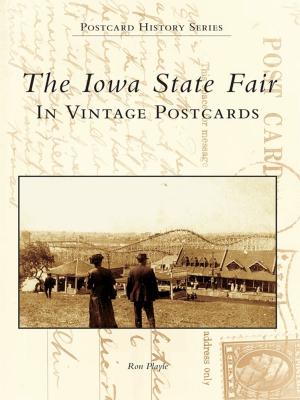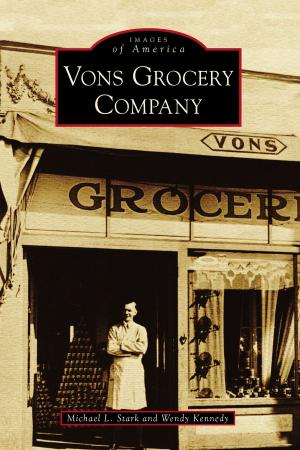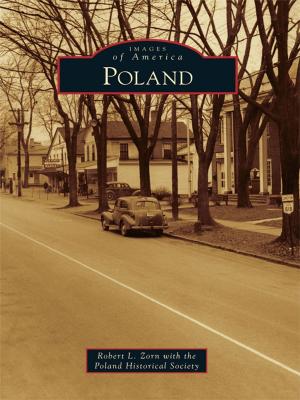Baseball on the Prairie
How Seven Small-Town Teams Shaped Texas League History
Nonfiction, History, Americas, United States| Author: | Kris Rutherford | ISBN: | 9781625847393 |
| Publisher: | Arcadia Publishing Inc. | Publication: | April 1, 2014 |
| Imprint: | The History Press | Language: | English |
| Author: | Kris Rutherford |
| ISBN: | 9781625847393 |
| Publisher: | Arcadia Publishing Inc. |
| Publication: | April 1, 2014 |
| Imprint: | The History Press |
| Language: | English |
At the close of the nineteenth century, railroad expansion in Texas at once shrank the state and expanded opportunities, including that of Texas League Baseball. Previously, the major cities monopolized Texas minor-league ball, but with the rails came small-town teams without which the league may have floundered. Sherman, Denison, Paris, Corsicana, Cleburne, Greenville and Temple teams produced some of the Texas League's greatest players and provided unprecedented statewide interest. The 1902 Corsicana Oil Citys was one of the most successful teams of the time, claiming the second-best winning percentage and baseball's most lopsided victory, 51-3 over Texarkana's Casketmakers. In its only year in the league, Cleburne won the league championship and team owner Doak Roberts discovered the great Tris Speaker. Kris Rutherford pieces together the Texas League's early days and the people and towns that made this centuries-old institution possible.
At the close of the nineteenth century, railroad expansion in Texas at once shrank the state and expanded opportunities, including that of Texas League Baseball. Previously, the major cities monopolized Texas minor-league ball, but with the rails came small-town teams without which the league may have floundered. Sherman, Denison, Paris, Corsicana, Cleburne, Greenville and Temple teams produced some of the Texas League's greatest players and provided unprecedented statewide interest. The 1902 Corsicana Oil Citys was one of the most successful teams of the time, claiming the second-best winning percentage and baseball's most lopsided victory, 51-3 over Texarkana's Casketmakers. In its only year in the league, Cleburne won the league championship and team owner Doak Roberts discovered the great Tris Speaker. Kris Rutherford pieces together the Texas League's early days and the people and towns that made this centuries-old institution possible.
